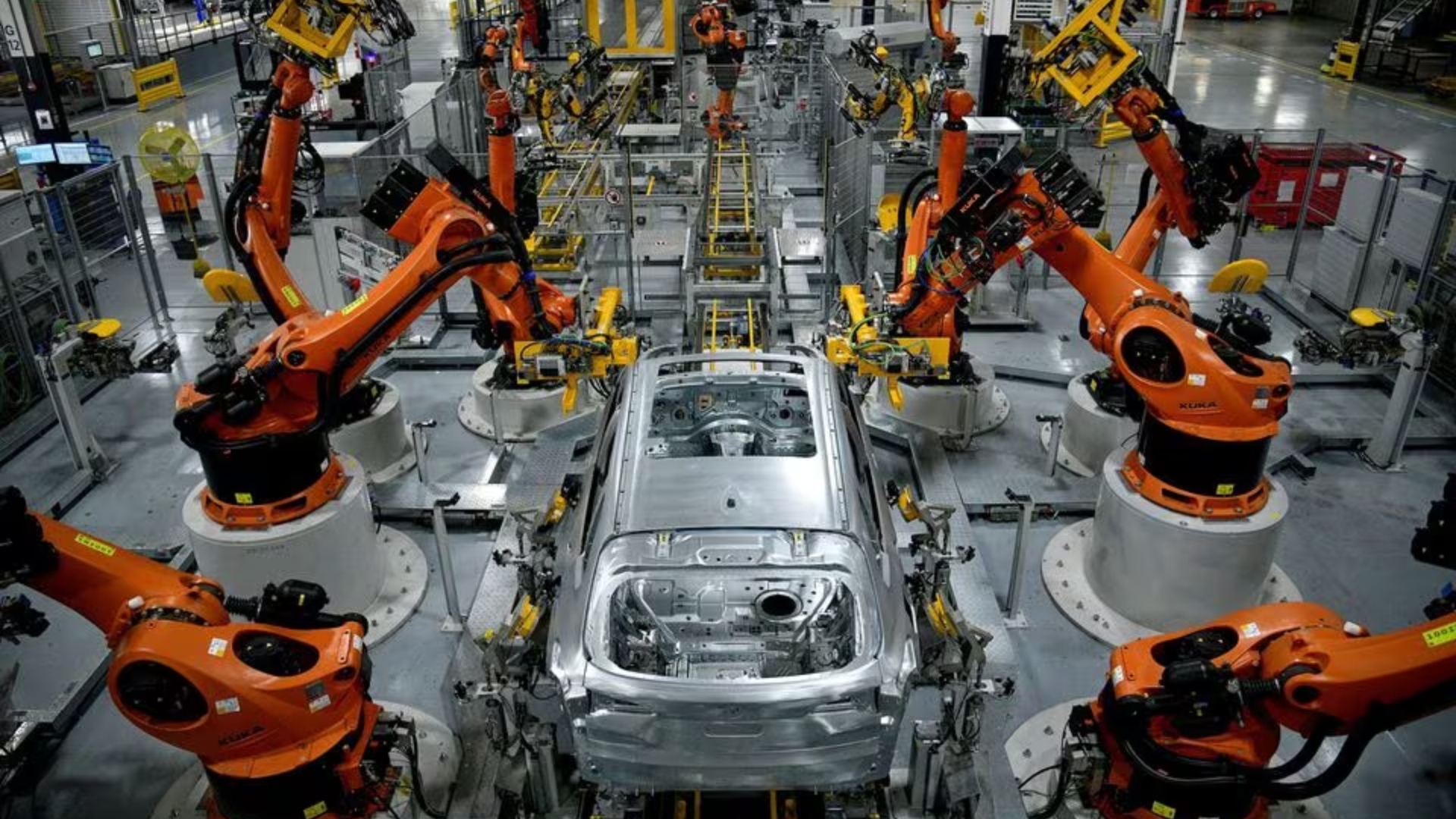(Reuters) – Robotics startup Figure said it has signed a partnership with BMW Manufacturing to deploy its humanoid robots in the car maker’s facility in the U.S., as more companies turn to human-like robots to take on certain physical tasks.
This marks the first commercial deal Figure has signed since it was founded in 2022. While the company didn’t disclose how many robots BMW will be using, the partnership will start with small quantities and expand if performance targets have been met, according to Brett Adcock, chief executive at Figure.
Figure’s humanoids will be deployed in BMW’s (BMWG.DE), opens new tab manufacturing facility in Spartanburg, South Carolina, the largest automotive exporter in the U.S., which currently employees 11,000 people. They will be integrated into the manufacturing processes including the body shop, sheet metal and warehouse in the next 12-24 months, after being trained to perform specific tasks.
“We have designed the robot to be safe next to humans. Working with BMW on automation in a manufacturing facility is a huge validator for us in the space,” Adcock said.
Car makers from Honda (7267.T), opens new tab to Hyundai (005380.KS), opens new tab have been experimenting with humanoid robots to perform repetitive and dangerous work in assembly lines for years. Tesla (TSLA.O), opens new tab recently released its latest humanoid in development, Optimus Gen 2, and Chief Executive Elon Musk predicted a billion humanoid robots on earth in the 2040s.
General-purpose humanoid robots with artificial intelligence-powered software have received renewed interest from investors as they have the potential to move in a wide range of motion and learn to perform new tasks like humans do. Robots currently in use are generally created for specific tasks, and it is not clear if a more flexible robot able to perform a broader array of services will prove viable in a real-life environment.
Sunnyvale, California-based Figure has raised $70 million from investors last year, led by Parkway Venture at a valuation of more than $400 million.
Reporting by Krystal Hu in New York; Edited by Peter Henderson and Jacqueline Wong











